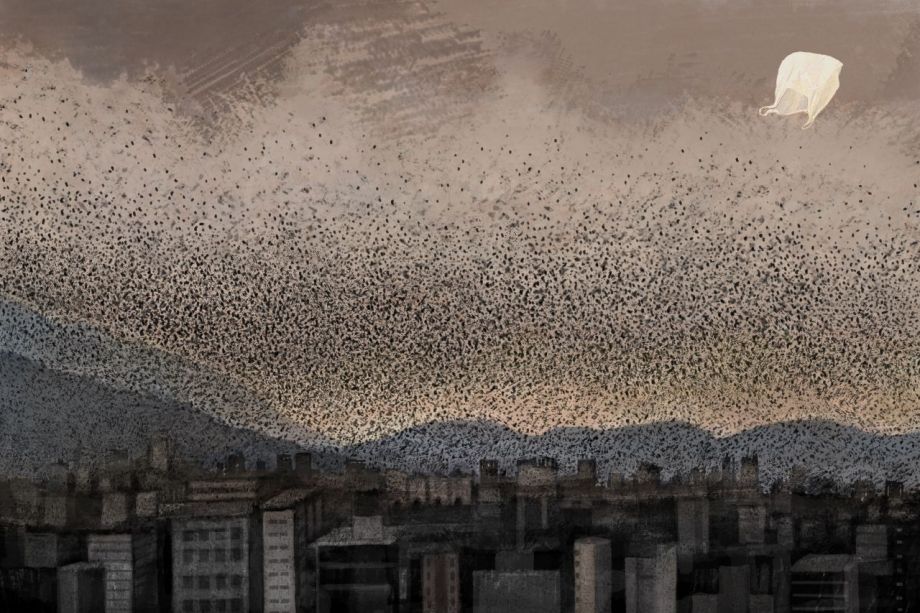
Liberating Writing from Venezuela
Reading the newspapers in Venezuela or hearing the news on television or radio you may well get the impression that there is no cause for alarm—all is peace and quiet. The distribution of food functions, so do the health services, the legal system, and the schools. The official picture is that people are neither starving nor fleeing the country. They are free to move around without any restrictions and to express themselves freely. Early on in 2018 President Nicolás Maduro held a speech to the nation where he claimed precisely this. He said: “We ought to be grateful that Venezuela is not in a state of collapse or in any humanitarian crisis like Colombia. We have a nation that loves its government.”
Such absurdity. Such outright mockery—a slap in the face. The Croatian writer Dubravka Ugrešić once wrote: “Erasing the memory of a place, making it seem as if whole lives and societies have never existed, must be one of the ultimate forms of censorship.”
Reality, or rather the apocalypse taking place outside of the reality depicted in the state owned daily papers, the TV and radio broadcasts, and the politicians’ propaganda machines could not be more contrastive. Venezuela is a country on a steep downward slope with a soaring inflation, a starving population, almost non-existent health services, and a systematic censorship of the media. In 2018, 23 047 people were murdered, which means 63 killings per day (the data is from the independent institute Observatorio Venezolano de Violencia). According to UNCHR more than five thousand people are fleeing the country every day. Among them are many writers, journalists, and intellectuals. The dismantling of the rights to free expression has made it impossible for intellectuals to remain and to pursue their profession. To leave the country has become the norm; the norm is not to stay.
That Venezuela is suffering from the worst political and economical crisis in modern times is no exaggeration. The various texts published here underscore this viewpoint over and over. Each text is more painful to read than the other. The texts have two noticeable common themes: the first being a plea for help from the outside world, and the second being depictions of the fear that has become part of people’s daily lives and which in extension leads to a notable self-censorship, which is the tyrant’s and censor’s foremost weapon. “I know that the regime may knock on my door at any time.,” says the journalist and internet activist Melanio Escobar in an interview in PEN/Opp.
The mechanisms are familiar: to make life uncomfortable for those who dare to protest and criticise, and thereby arouse a fear of the consequences. “As many in Venezuela, I have created a bubble to protect myself from the hostilities of the outside,” writes the author Luz Mely Reyes. In her text flies have taken over her hometown Caracas due to the many bags of garbage whose contents are spread out by desperate people scavenging for food. Sometimes the garbage even blocks her view of the beautiful mountain El Ávila. The flies fill her thoughts; they have invaded her conscious mind; they nauseate and irritate her, and they restrict her movements. It is hard not to see the flies as a mirror image of the state the country is in: the madness, the chaos, and the absurdity. Federica Vegas, another writer in this issue, expresses something similar concerning how the regime has invaded his peace of mind: “How is it possible that the greater the amount of nonsense the more passive is my spell state?”
The inspiration for this issue was sparked at a meeting with Alicia Quiñones, journalist and PEN International’s consultant in Latin America. She reported from PEN International’s research trip to Venezuela in February 2018. The situation there is even more critical, she said. Following on this meeting we began our work on this issue and the outcome is these ten texts that describe Venezuela at this present time. Ten texts that depict a reality that the regime is trying to hide.

